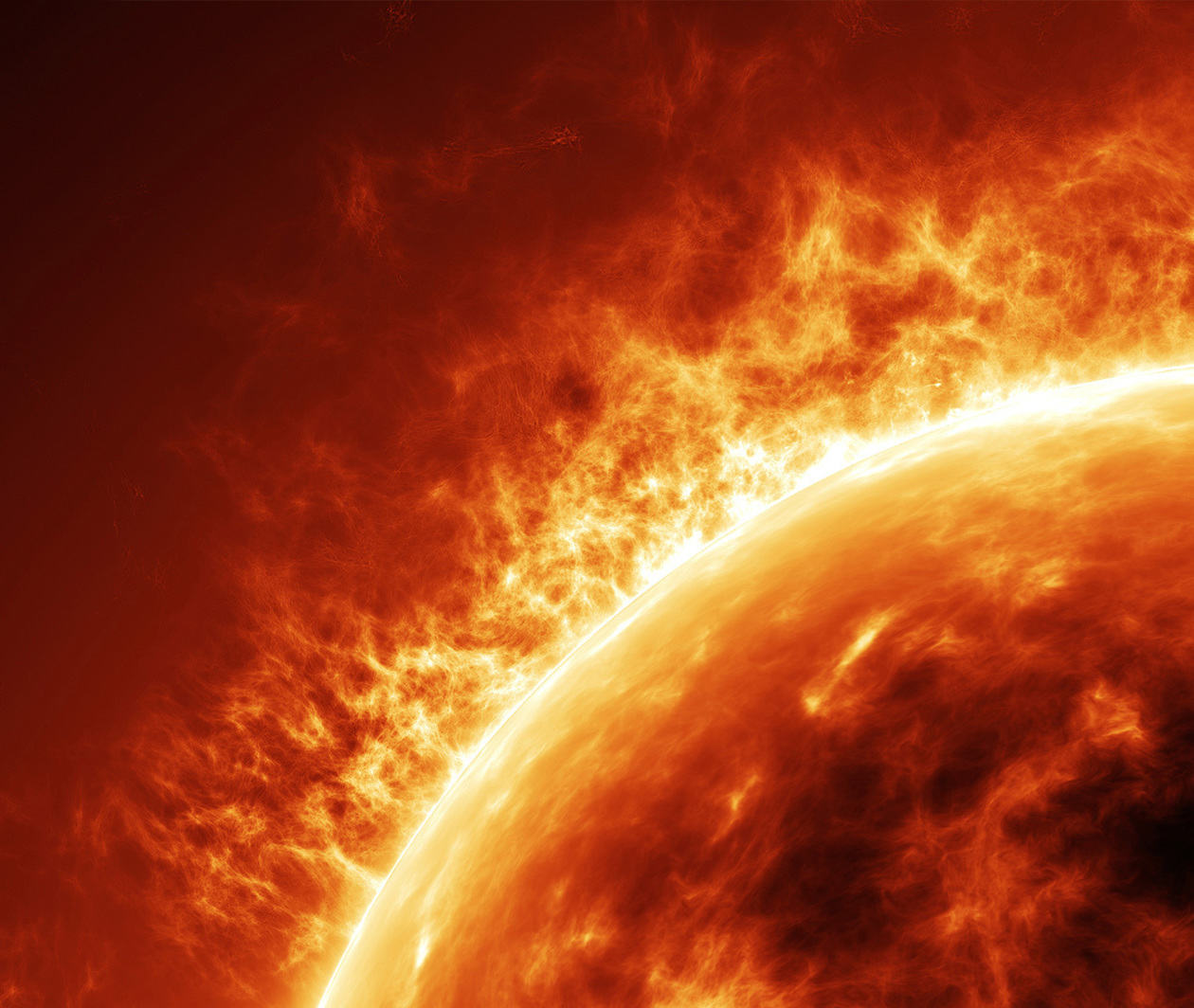ME209 - Thermodynamics

Instructor
Prof. Milind Rane
Section
S2 (based on odd/even roll numbers)
Semester
Autumn
Course Difficulty
Easy (JEE-level thermodynamics for most part)
Time Commitment Required
Someone attending lectures might not need self-study of more than 1 hr a week (revision and quiz preparation). Generally speaking, one of the least demanding course of the semester (if Prof. Rane is taking it for you).
Grading
Chill-est! (Highest score gets an AP, and then relative grading - mostly 90%, 80% and so on of highest score are set as cutoffs).
Attendance Policy
None
Pre-requisites
None. Extremely fundamental course. Starts from scratch. Quite a few follow-up courses though
Evaluation Scheme and Weightages
7 quizzes of 10% weightage (best 6 taken into consideration). End-sem examination of 40% weightage. No mid-sem examination. All examinations are of way more marks compared to the weightage (quizzes were of 30 marks each, and end-sem examination was of 150 marks!). Scaling down brings scores closer, and hence relative grading helps maximum students get a decent grade.
Topics Covered in the Course
Introduction to thermodynamics, Definitions of energy, work and systems, Zeroth Law, First Law, Ideal gas and other gas laws, Steam and steam tables, First law for open and closed systems, Second Law, Kelvin-Planck and Clausius statements, Carnot theorem, Entropy, Second law for open and closed systems, Combination of first and second laws (Carnot cycle, Rankine cycle), Availability and Exergy
Quality of Lectures
The lectures are decent. The instructor will mostly be explaining whatever is there on the slides. Delivery of the lecture is fine, but the content would seem so obvious (for most of the part), that lectures would feel dead slow, and sleep might become inevitable! Instructor provides the lecture slides, which are sufficient to do extraordinarily well in the course (as far as grades are concerned). The recommended text-book also explains most stuff clearly, and therefore missing lecture wouldn’t be a huge trouble (apart from the quiz days, obviously!). That being said, going to the lectures might be helpful for those who wish to understand the subject thoroughly. It can become confusing for some students, at some instances, and to take such a risk with an extremely fundamental course, with various follow-up courses, isn’t advisable.
Assignments & Projects for this course
None
Exams
All examinations are extremely easy. Almost everything will be from what has been discussed in the class. A quiz generally happens after every 3-5 lectures, and therefore the content isn’t much. Doing problems from the book would help, but isn’t needed if one is thorough with the slides (and was attentive in the class). The quiz pattern is quite different. The 30 Mark quiz will have 1 big question (worth 20-25 marks), and a few short questions (true-false, or short answer type). The 1 big question has various interconnected parts, and marks are there for things like diagrams, assumptions etc too! All of it will be mentioned in the quiz paper (what all to write, its weightage), and you wouldn’t even feel like you attempted a 30 mark paper :-D. The only issue which might come is time. Although time is sufficient for most quizzes, practice would help one in being a bit faster, which might save you in case a long question comes. End-sem is almost the same, just 5-7 quiz-type questions. Derivations might also be asked, therefore it is better to understand everything to the core
References used in this Course
Fundamentals of Engineering Thermodynamics by Moran and Shapiro. The book is followed quite strictly, without much deviation.
Importance of Course
Thermo-fluidics is a major field in Mechanical Engineering, and ME209 is the most fundamental and introductory course along those lines. The concepts covered here might seem intuitive, and repetitive at times (JEE!), but crystal clear understanding of those concepts is of utmost importance. This course is later followed up by ME306 - Applied Thermodynamics (and after that, a lab course). It also serves as a base to various electives one can take in the field of refrigeration, cryogenics, combustion etc. A clear understanding of basic thermodynamics would also help in grasping some concepts of courses along the lines of heat transfer, fluids, and to understand the thermodynamic aspects of some courses which incline more towards material sciences.